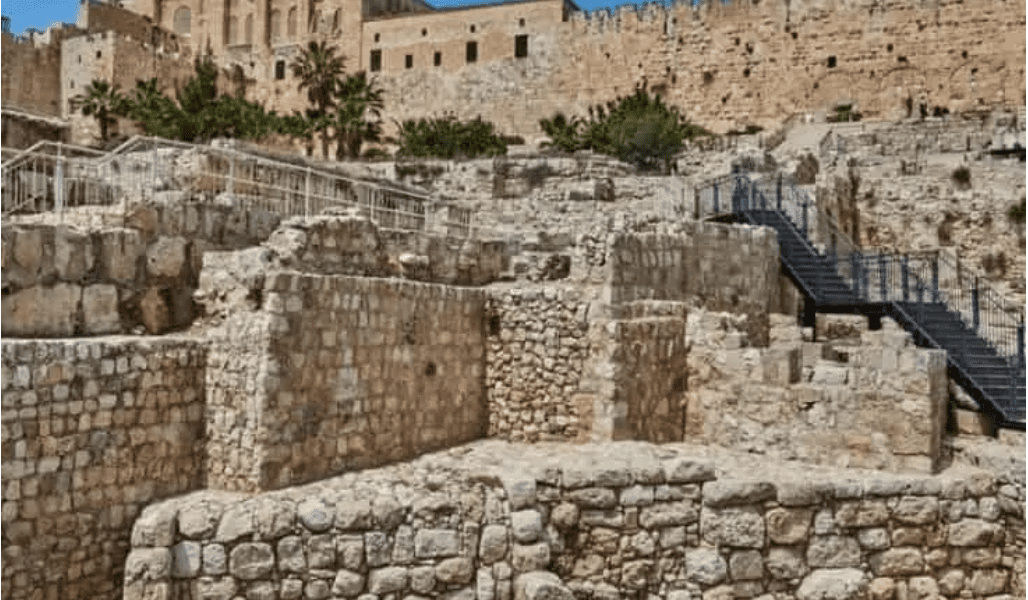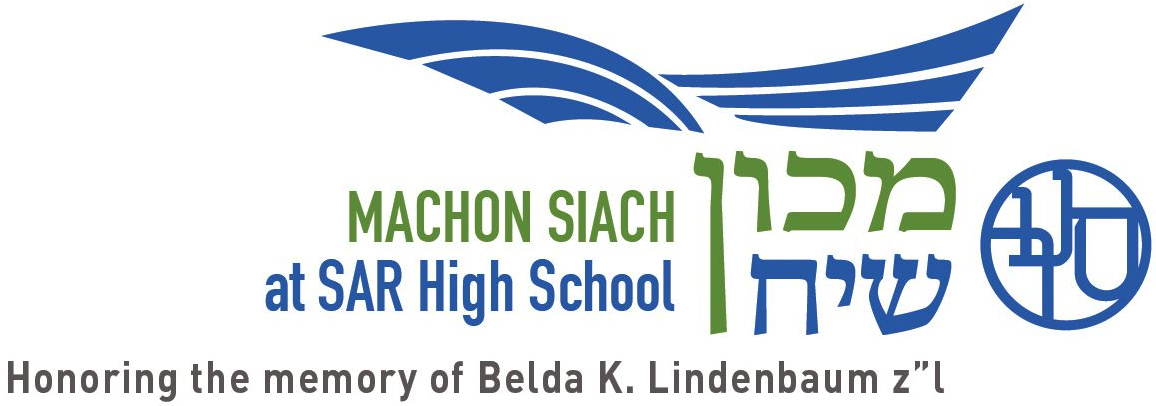
The Ir Miklat of the Torah Classroom
I know I am not alone. Since October 7th, the first thing I do when I wake up in the morning is check the news on my phone. With a pounding heart, I scan the headlines, dart between news websites, and earmark analysis columns for later. Then, I take a deep, resigned breath. The day has begun.
But as a mother of four and a high school Torah teacher, I cannot gulp down fear for breakfast. To be sure, fear trails me all day, and I have never felt more vigilant in my life: physically, intellectually and emotionally. And yet, I consciously protect myself from taking it all in. If I did, it would paralyze me, and I would utterly fail those in my care.
Showing up to teach Torah during wartime draws on all of our reserves. The bells ring as they always do, and students shuffle into class, and yet everything feels heightened and terribly off-kilter. Teachers lead class discussions, administer tests, and help kids learn as always, but our classrooms have a sharper quality to them. The whole enterprise of teaching Jewish high school students suddenly feels urgent. We are pulled in many directions that compete for our focus. We want to protect our young students from the horrors around them, but we also need to prepare them to fight them. We aim to inspire them to feel a sense of achdut with other Jews and a deep sense of responsibility for each other, but we also try to comfort them in their grief, anxiety and fear. We gather them to daven, to say Tehillim, to lean into their hearts, but we are also coming to realize that we need to teach them to be activists, too – to learn a whole new way of being Jewish in America.
In search of a metaphor – for there is comfort in analogy – I compare my class to an Ir Milkat of sorts, a city of refuge. When students walk into class, they are invited to put aside discussions of Hamas’ atrocities or the rising anti-Semitism in America and around the world. The choice I made on October 8th and continue to make is to shape my classroom so that students can feel safe temporarily from the high anxiety conversations and fear-inducing images they are seeing constantly. Instead, they can immerse themselves in the life-giving pursuit of Talmud Torah.
We have done this before. When COVID hit and teaching migrated to Zoom, we all radically reframed our classrooms as places of refuge. While isolation threatened us all, class became a vital community gathering. Showing up for each other on the Zoom screen helped us to feel connected to one another. As a teacher, I understood my job with stark clarity, and I felt empowered to make the choices that best met the moment. Priorities were crystal clear.
But our challenges today far surpass the COVID moment. As complex as those months were, I feel nostalgic now for the clarity I felt then. What or how I taught mattered little in those days, only that I showed up and taught my students. But today, in the midst of an existential war, how should we teach Torah? Inside our Ir Miklat, what do we let in, and what do we keep out?
This I know. In our Ir Miklat, Torah study is an anchoring force, providing steadiness on uncertain ground. This works in a few ways. In the early days of the war, I explicitly drew my students’ attention to our privilege of learning Torah. They expressed guilt at learning when their Israeli peers were helping refugees, babysitting, cooking, getting ready to fight. They keenly felt their sense of diasporic distance and powerlessness. I shared their feelings, but I also reminded them that we were fortunate to learn Torah when their peers could not. We could and should learn Torah because the Torah reminds us who we are, how we want to show up as Jews in the world and why this fight is so important for us to win. Learning Torah is part of our long-term strategy as Jews, clarifying our mission and our identity. And there is great steadiness to be found in that clarity.
And this I also know. Learning Torah anchors us because it draws so much of our attention to the granular work of understanding difficult words, concepts and texts. Learning Torah slows us down, pulling us away from the chaotic news cycle, and draws us into the infinite wisdom of our tradition.
Learning Torah and investing deeply in it also cultivates a sense of hope. As I remind my students, luminaries like the Rambam lived through tremendous upheavals, dislocations, persecution and personal uncertainty; his commitment to preserving and perpetuating Torah scholarship despite that hardship is an inspiration to us during this crisis. His example and many others provide us with a critical long-term perspective. Torah is our long game. We – and Torah – will outlive this terrible time.
But many questions still abound – questions that require space and deep thinking to address – both of which seem to be in short supply these days. For example, how do we help our students relate to the Torah’s stories? How do we manage to read the parshiyot without falling into the comfort – and trap – of mapping our lives onto our sacred past, rehashing and reliving an airtight series of tropes and enemies and redemptions? As good students of Torah and our Jewish past, we trot out Pharaoh each year and boo Haman on a cycle, so how do we find another, more subtle way to live and to read, without merely falling back on the storied path of our ancestors? If we find too much affinity between the Torah’s stories and our current challenges, we risk the erasure of critical nuance, obscuring our view of the Torah’s multivocality as well as of the complexity of our circumstances. But if we release the Torah from guiding us in this moment, we will have impoverished the Torah’s value and missed the opportunity to draw vital wisdom.
At this moment, I rely on the tool of full disclosure as I share my concerns and hopes with my students. After all, we are in this together – students and teachers, Israelis and Jews around the world – and we will get through it together, by sharing the burden, honing our vision as a Jewish people and caring for one another.


